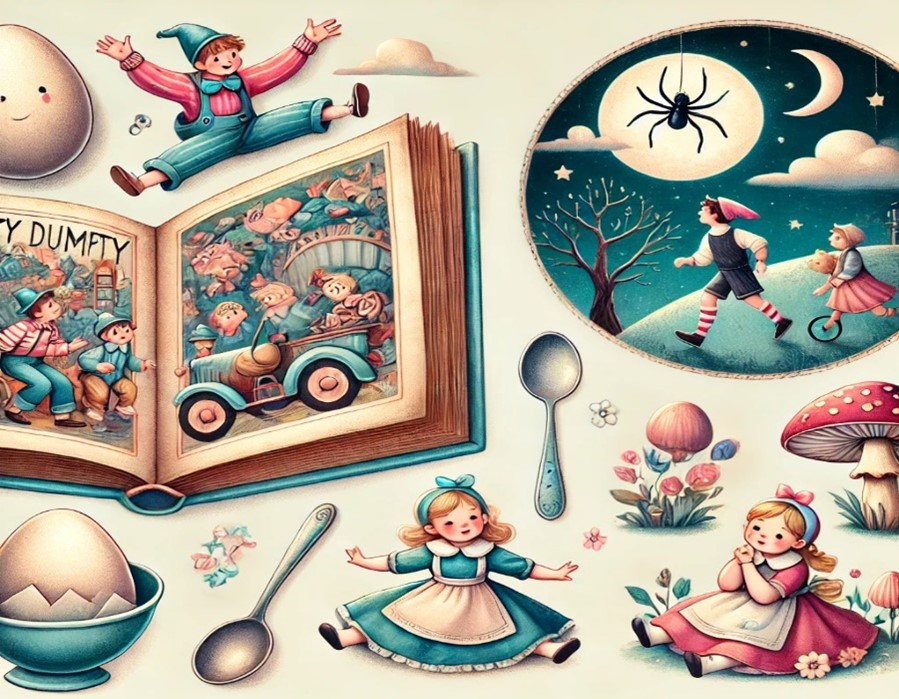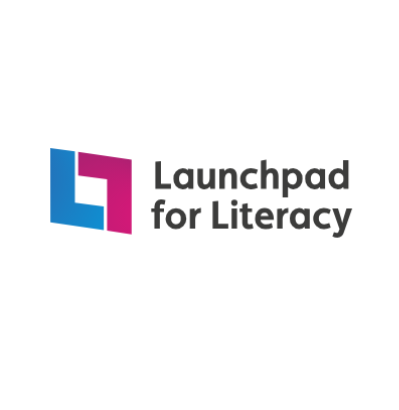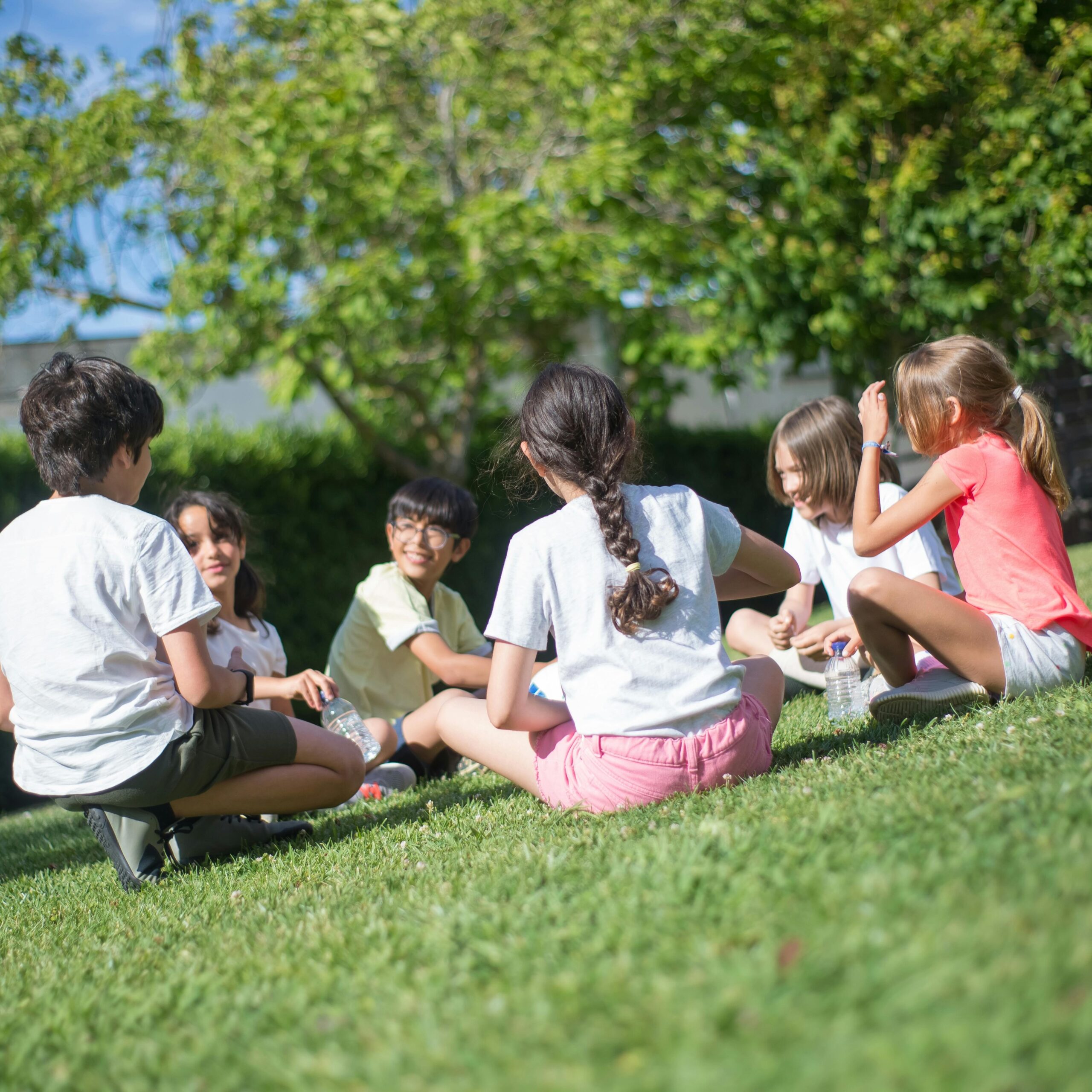More Than Baby Talk: How Nursery Rhymes Can Benefit Older Students
This is world Nursery Rhyme Week and millions of children around the globe will be singing, doing the actions and exploring a range of nursery rhymes.
Much research has shown that nursery rhymes are incredibly beneficial for children as they can boost vocabulary and language development; develop literacy and numeracy skills; and develop social and emotional well-being. Whilst practitioners will often focus use of nursery rhymes with younger children, there are benefits and some exciting ways to delve into rhymes and play with language for older students. Below, we explore advantages and possible approaches to use in the classroom.
Oracy development
Promoting oracy skills in the classroom is a key area being addressed by schools. The use of nursery rhymes can support this oracy development in a fun and engaging way. With older children, why not try using the traditional rhyme ‘Oranges and Lemons’?
After doing a choral or echo reading activity which promotes fluency, children could work in pairs to learn the rhyme with a focus on expression and prosody. Performing the rhyme to an audience helps to develop the physical oracy strand (Voice 21) including pace, tone and projection. There are also some links to the geography of London and history to explore in this rhyme.

Cognitive Development
Repetition of rhymes and stories is good for the brain, teaching how language works and improving memory, concentration, and thinking skills.
With older children you could play with the words of this rhyme;
Hush little baby, don’t say a word,
Papa’s gonna buy you a mockingbird.
And if that mockingbird won’t sing,
Papa’s gonna buy you a diamond ring.
This would require the children to find rhyming words, ensure they are suitable and that it makes (some) sense. For example,
Hush Hush little baby, don’t you fret,
Papa’s gonna buy you a brand new pet.

Phonics Skills
You may have older children who are still struggling with some elements of language and literacy skills, such as phonics. Nursery rhymes can help children develop auditory skills such as discriminating between sounds and building auditory memory. Launchpad for Literacy provides a framework for developing these skills. A rhyme’s repetition can also help your child become aware of the individual units of sound, known as phonemes, which make up words.
To develop phonemic awareness, you could use a nursery rhyme to identify different representations of phonemes and also use them for phoneme spotter activities in key stage two. As some pupils are still unable to hear bigger units of sound in words, for example clapping the syllables in their names, nursery rhymes are the perfect vehicle to practising this skill. This can aid sound discrimination which can support spelling of multi-syllabic words in key stage two.
Language and Literacy Skills
Many nursery rhymes tell a story and have an underlying structure to them (beginning, middle and end). To help further develop knowledge of plot, it can be useful to ‘box up’ or highlight key parts of the rhymes with children. Examples of rhymes that you could do this with include;
- Little Miss Muffet,
- Doctor Foster,
- Hickory Dickory Dock,
- Mary had a Little Lamb,
- The Queen of Hearts.
Once children have boxed up the underlying structure, they could innovate these rhymes or create their own narrative versions of them. As many nursery rhymes are traditional, they use some archaic words which children are often unfamiliar with. When exploring synonyms or teaching new vocabulary, nursery rhymes provide a platform for increasing a range of vocabulary. Rhymes such as ‘Jack and Jill contain words like ‘fetch’, and ‘Ring-a-ring-a-roses’ contains words like ‘posies’.
Mathematical concepts
Nursery rhymes are a great way to reinforce number if your older child is struggling with this concept. They’re full of patterns, sequencing, numbers, and counting (forwards and backwards). Some rhymes also include references to size, weight and other important mathematical vocabulary. ‘As I was going to St.Ives’ provides a basis for exploring numbers and puzzles for older children.
Social and emotional
Nursery rhymes are great for developing humour. To support social and emotional development, exploring nursery rhymes in small groups with peers can be fun, help with social interaction and co-operation, and are accessible for all. The strong connection between movement, rhythm, and words, singing these songs can be a great group activity and is a great opportunity for children to get to know their peers. Why not try ‘A Sailor went to Sea’ and teach children the clapping rhythm that goes with this rhyme? Introducing new and alternative versions of rhymes and songs will enthuse children with their quirky rhythms and lyrics. You could have fun turning them into raps or adding musical accompaniment.
You can register for World Nursery Rhyme Week if you have a child, or work with children under the age of 7. More information can be found here https://www.worldnurseryrhymeweek.com/



